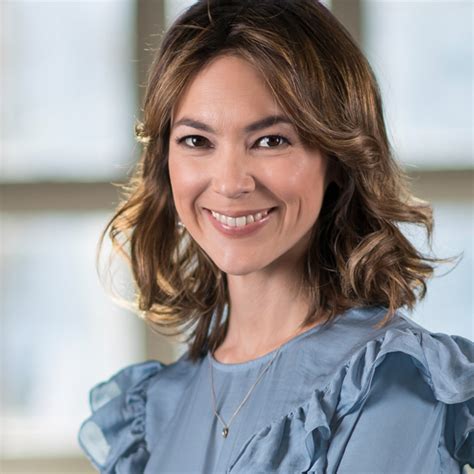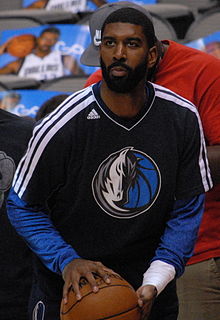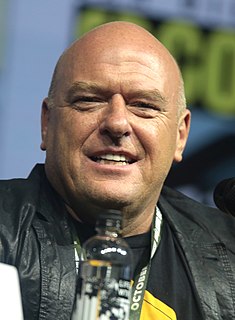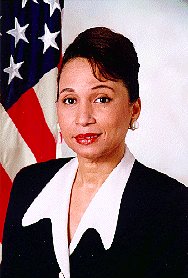A Quote by Baratunde Thurston
When I look at what I'm doing today, I see [the] roots in my college life. I was the online editor of my college paper and an active member of the Harvard Computer Society. I abandoned a summer internship at the Washington Post due to injury and instead did theatre. I found my comedic voice through satirical newsletters in college.
Related Quotes
But you know, where did the Brontes go to college? Where did George Eliot go to college? Where did Thomas Paine or Thomas Jefferson or George Washington go? Did George Washington go to college? This idea which we now have that people ought to have these credentials is really ridiculous. Where did Homer go to college?
I did freelance cartooning off and on from college graduation in 1991 through ABC News hiring me in 2003. I did a weekly comic strip for 'Roll Call' for about nine years. I sold cartoons and caricatures to 'The Los Angeles Times' and 'The Washington Post.' I drew as much as I could. It's really tough to make a living doing it.






































